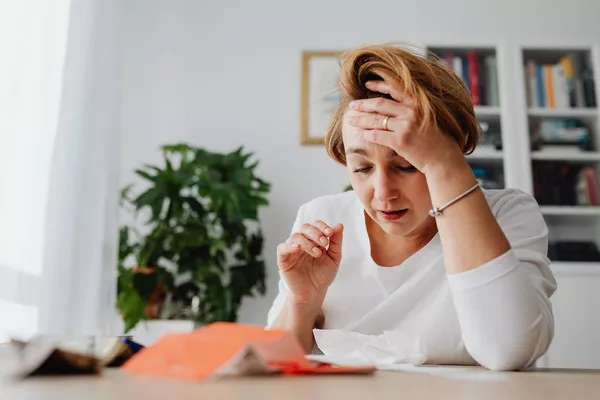Counselling can be a powerful tool for personal growth and healing. Whether you’re struggling with anxiety, depression, relationship issues, or any other life challenge, working with a professional counsellor can provide the support and guidance you need to overcome obstacles and achieve your goals.
One common question that many people have when starting counselling is: how many sessions do I need? The answer to this question is not always straightforward, as it depends on individual factors such as the nature of your concerns, your goals for therapy, and your personal preferences. However, there are several key points to consider when deciding on the number of counselling sessions that will be most beneficial for you.
Type of Concern
The type of concern or issue you’re seeking counselling for can influence the number of sessions you may need. For example, if you’re dealing with a specific phobia or trauma, you may benefit from a shorter course of treatment focused on addressing that particular issue. On the other hand, if you’re experiencing more complex challenges like ongoing relationship problems or chronic anxiety, you may need a longer-term approach with ongoing support.
- For specific concerns: If you’re seeking counselling for a specific concern or issue, such as a recent breakup or the death of a loved one, a shorter course of treatment ranging from 6-12 sessions may be appropriate.
- For ongoing challenges: If you’re dealing with ongoing issues like anxiety, depression, or relationship problems, a longer-term approach with weekly or bi-weekly sessions over several months or even years may be necessary.
Goals for Therapy
Your goals for therapy can also play a role in determining the number of counselling sessions needed. Are you looking to alleviate symptoms of a mental health condition, build coping skills, or gain greater insight into your thoughts and behaviours? The more specific and measurable your therapy goals, the easier it will be to determine how many sessions you need.
- For symptom relief: If your primary goal is to alleviate symptoms of a mental health condition, such as depression or anxiety, a shorter course of treatment ranging from 8-20 sessions may be recommended.
- For skill-building: If you’re seeking to build coping skills or improve your communication in relationships, a longer-term approach with weekly or bi-weekly sessions over several months may be necessary.
- For personal growth: If you’re interested in gaining greater self-awareness or developing more fulfilling relationships, ongoing counselling with regular check-ins may be recommended.
Personal Preferences
Finally, your personal preferences and needs should also be taken into account when deciding on the number of counselling sessions that will be most helpful for you. Some people prefer a structured, time-limited approach to therapy, while others value ongoing support and flexibility.
- Time-limited approach: If you have a specific timeline or prefer a structured approach to therapy, a shorter course of treatment ranging from 6-12 sessions may be ideal.
- Ongoing support: If you’re looking for long-term support and flexibility, consider engaging in ongoing counselling with regular check-ins every few weeks or months.
In conclusion, there is no one-size-fits-all answer to how many counselling sessions you need. The type of concern, your goals for therapy, and personal preferences all play a role in determining the number of sessions that will be most beneficial for you. By considering these factors and working collaboratively with your counsellor, you can develop a treatment plan that meets your unique needs and supports your personal growth and healing.
Related Topics:





























